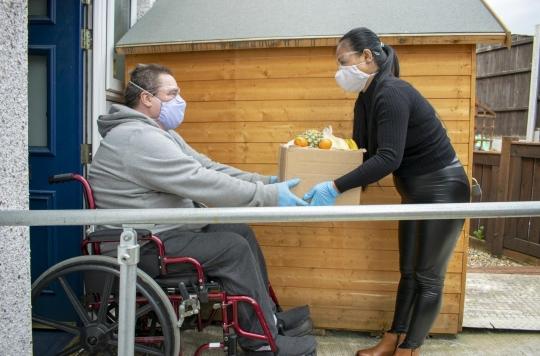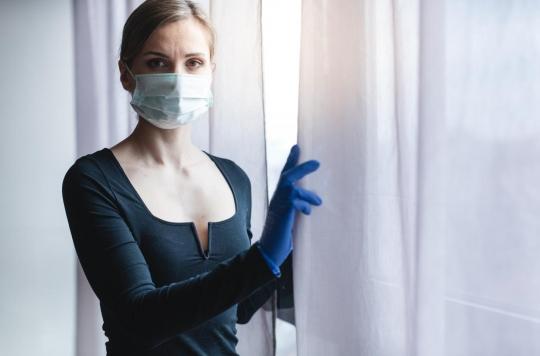•In what situations is this possible?
When following a treatment with oral anticoagulants whose duration is greater than or equal to 6 months. And in some cases ofasthma, when patients take inhaled corticosteroids for a period of at least 6 months also: 2 million asthmatics are concerned. Only condition: to be of legal age.
Read also:Why you have to stay loyal to your pharmacist
Pharmaceutical file: the French have adopted it
•Can maintenance be imposed?
No, it is the patient who decides and he must give his consent. He will therefore be required to sign a membership form for this program. And a copy will be given to him. The person is free to choose the pharmacist who will conduct the interview and can decide to change. And even downright stop, if she wishes.
•What does it bring?
It is a “time for oneself” intended to progress in the knowledge of one’s illness. You can benefit from food and lifestyle advice, but also precise information on the pathology and the drugs: dosage, precautions, contraindications, side effects, tips for the proper use of the devices, biological monitoring.
Read also:7 keys to having confidence in a drug
•How often is it offered?
Two interviews of approximately 45 minutes are generally scheduled for the first year. This is the time to ask all the questions that have remained unanswered, to make sure that you know your illness well and that you take your medication correctly. It is also an opportunity to get advice to better withstand any constraints. Objective : take ownership of their health problem in order to live better with it. In subsequent years, the frequency of interviews varies according to needs. The accompaniment can be limited to a single interview, plus two brief moments of contact, simply intended to assess the correct taking of the medication. All you have to do is answer six quick questions
•Is it done at the counter?
No, it takes place at the pharmacy, but in a place away from prying ears and eyes. The pharmacist must therefore have a “confidential space” for this purpose. An appointment is also necessary.
•Is this a paid service?
No it’s free. But the pharmacist is remunerated. He is paid directly by Medicare. He receives €40 the first year, €30 or €40 the following years, depending on the type of support. But beware, this does not replace a medical consultation. You must continue to see your doctor as usual for your follow-up. To each their own role! The pharmacist can neither establish a diagnosis, nor modify the prescribed doses, nor rectify the prescription. He can, however, substitute a generic for the original drug.
Morning after pill: the pharmacist can also be of good advice
Serious deliverance from morning after pill also comes with questions and tips.
The pharmacist first asks when did the unprotected sex take place? The answer depends on the molecule that will be proposed: ulipristal Where levonorgestreldepending on whether the report goes back 3 or 5 days maximum.
He explains the possible side effects: nausea, stomach aches…
It checks whether the person is taking other medications, some of which reduce the effectiveness of the morning after pill.
It provides information on what to do while waiting for the next menstrual period and/or in the event of a risk of contamination by the HIV (AIDS virus).
For minors, the delivery, free of charge, is accompanied by the delivery of documents indicating useful contacts.
Read also:Emergency contraception: no need for a prescription anymore
Read also:
6 questions we ask ourselves about generics
Sante.fr: the reference site on health
A telemedicine booth at the pharmacist
















